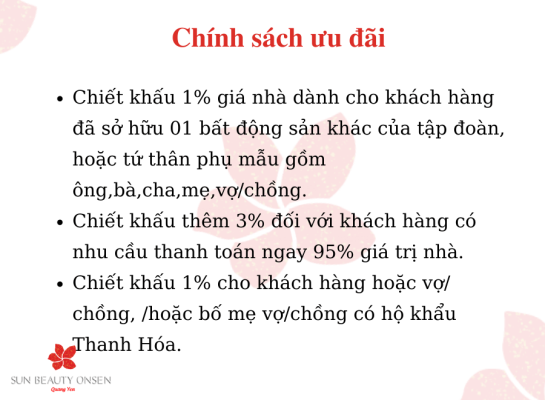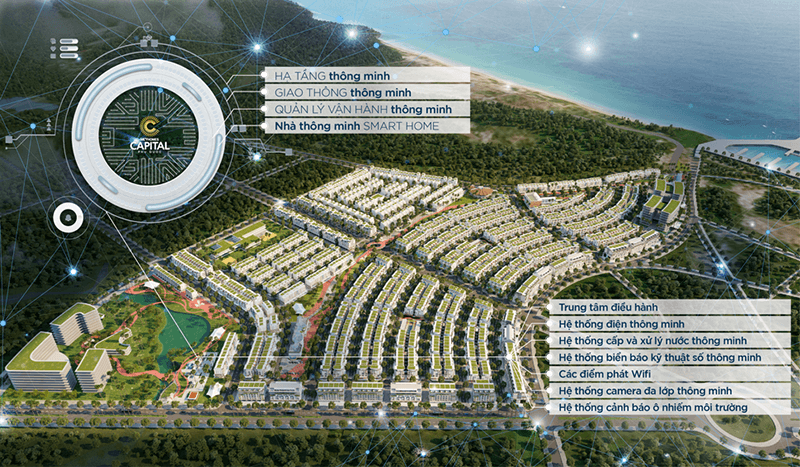- Resonance Across Continents: Current affairs and critical news ignite conversations and redefine global perspectives.
- The Evolving Landscape of Global Reporting
- The Impact of Geopolitical Events
- The Role of Technology in News Dissemination
- Economic Factors and Media Ownership
- The Influence of Corporate Funding
- The Future of News Consumption
Resonance Across Continents: Current affairs and critical news ignite conversations and redefine global perspectives.
The rapid dissemination of information in the modern era has fundamentally altered how we perceive and interact with current affairs. A constant stream of updates, often categorized as ‘news’, reaches us through a multitude of channels, demanding critical assessment and informed engagement. This continuous flow shapes public opinion, influences political discourse, and ultimately, redefines global perspectives. Understanding the complexities and nuances within this information landscape is more crucial than ever, as discerning fact from fiction becomes an increasingly challenging endeavor.
The Evolving Landscape of Global Reporting
Traditionally, news was curated and delivered by a limited number of established media outlets. This gatekeeping role, while not without its own biases, provided a degree of control over the information consumers received. However, the advent of the internet and social media platforms has democratized news creation and distribution, leading to an explosion of content. While this increased accessibility offers numerous benefits, it has also created fertile ground for misinformation and propaganda. The responsibility now falls more heavily on the individual to critically evaluate sources and seek diverse perspectives.
This shift also influences the style and format of reporting. Shorter attention spans and the demand for instant gratification have led to a prevalence of ‘snackable’ content, often lacking the depth and context necessary for informed understanding. Investigative journalism, requiring significant time and resources, is often overshadowed by the relentless cycle of breaking updates. It is vital to support and promote in-depth reporting that holds power accountable and provides insightful analysis.
The Impact of Geopolitical Events
Major geopolitical events consistently dominate the global news cycle, significantly influencing international relations, economic stability, and even daily lives. Conflicts, political transitions, and natural disasters often take center stage, demanding immediate attention and prompting international responses. However, focusing solely on these dramatic events can sometimes obscure underlying trends and systemic issues that contribute to those events.
Analyzing these geopolitical events requires a nuanced understanding of historical context, cultural sensitivities, and the various actors involved. Simplistic narratives and generalizations can be misleading and counterproductive. It is essential to seek out diverse perspectives and challenge pre-conceived notions to develop a truly informed perspective.
| Political Instability in West Africa | Sahel Region | Increased Refugee Flows, Humanitarian Crisis |
| Trade Disputes | Global Economy | Supply Chain Disruptions, Inflation |
| Climate Change Related Disasters | South Asia | Mass Displacement, Food Security Concerns |
The Role of Technology in News Dissemination
Technology has been a powerful catalyst in the evolution of news dissemination. Social media platforms, in particular, have become primary sources of information for many individuals, often bypassing traditional media outlets entirely. While this offers new avenues for citizen journalism and direct communication, it also presents challenges related to the spread of misinformation and the formation of echo chambers. Algorithms personalize news feeds, potentially reinforcing existing beliefs and limiting exposure to diverse viewpoints.
Artificial intelligence (AI) is increasingly being integrated into news production and distribution, from automated reporting to personalized content recommendations. While AI can enhance efficiency and accuracy, it also raises ethical concerns about bias and the potential for manipulation. Transparency and accountability are crucial as technology continues to play a larger role in shaping the news landscape.
- Social Media Algorithms Influence News Consumption
- AI-Powered Journalism Raises Ethical Questions
- Citizen Journalism Offers Alternative Perspectives
- Digital Literacy is Crucial for Assessing News Credibility
Economic Factors and Media Ownership
The financial health of media organizations significantly impacts the quality and independence of news reporting. Declining advertising revenue and the rise of digital subscriptions have created economic pressures, leading to staff reductions, closures of newsrooms, and a consolidation of media ownership. This concentration of power raises concerns about media bias and the potential for censorship.
Financial pressures can also incentivize media outlets to prioritize sensationalism and clickbait over in-depth reporting. The relentless pursuit of audience engagement can lead to a decline in journalistic standards and a focus on entertainment value rather than civic engagement. Supporting independent and public interest journalism is essential to maintaining a well-informed citizenry.
The Influence of Corporate Funding
Corporate funding influences many news outlets, subtly or overtly shaping the content they present. This funding is often contingent on favorable coverage or the avoidance of critical reporting. The lines between advertising, sponsorship, and editorial content can become blurred, making it difficult for consumers to discern the true motivations behind the information they receive. This influence is particularly concerning in areas such as environmental reporting, where corporate interests may be directly at odds with public welfare. Investigative reporting into corporate practices often faces pushback from those whose interests are threatened, requiring robust legal protection for journalists. A diverse media landscape, free from undue corporate influence, is essential for ensuring accountability and transparency. The availability of public funding, with strong safeguards to protect editorial independence, could offer a viable solution. But without a sustained commitment to journalistic ethics and rigorous fact-checking, even seemingly objective reporting can be subtly biased.
The Future of News Consumption
The future of how we consume information is likely to be characterized by further technological advancements and evolving consumer behaviors. Virtual reality (VR) and augmented reality (AR) have the potential to create immersive news experiences, offering viewers a more intimate connection to events. However, concerns about accessibility and the potential for manipulation remain. The development of more sophisticated fact-checking tools and algorithms will be crucial for combating misinformation and building trust in the news.
Ultimately, the responsibility for staying informed rests with each individual. Cultivating critical thinking skills, seeking out diverse perspectives, and supporting independent journalism are essential steps in navigating the complex and ever-changing landscape of current affairs. The ability to discern fact from fiction and make informed decisions is more important now than ever before.
- Develop Critical Thinking Skills
- Seek Diverse Perspectives
- Support Independent Journalism
- Verify Information from Multiple Sources
| Immersive News (VR/AR) | Increased Engagement, Deeper Understanding | Accessibility, Manipulation Risks |
| AI-Powered Fact-Checking | Enhanced Accuracy, Reduced Misinformation | Algorithmic Bias, Limitations of AI |
| Personalized News Feeds | Relevant Content, Increased Engagement | Echo Chambers, Filter Bubbles |



























